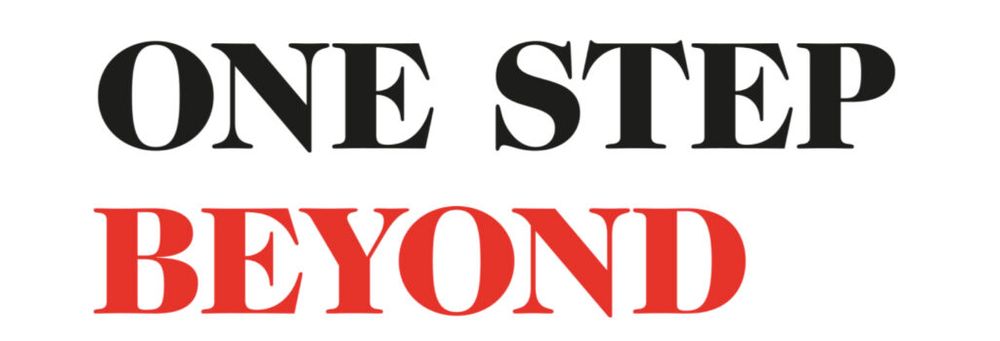The beauty of digital is that no-one has all the answers. We’re all learning from each other about what is possible to do. Which is what The Buyer’s Digital Hub is all about.
The fact you could be reading this sitting in an office, lying on a couch, working out on an exercise bike, or sipping a cocktail on a beach encapsulates what makes digital and online content so different. It’s personal and available to you whenever and wherever you need it.
Take a close look at who is doing the best online and it will be retailers and businesses that think audience first and what works for them, rather than what they want to sell or tell them.
Here is our latest round-up of the companies and individuals that are setting new standards and breaking new ground with what we can do with digital.
How audio tasting notes give Davy’s wines an edge
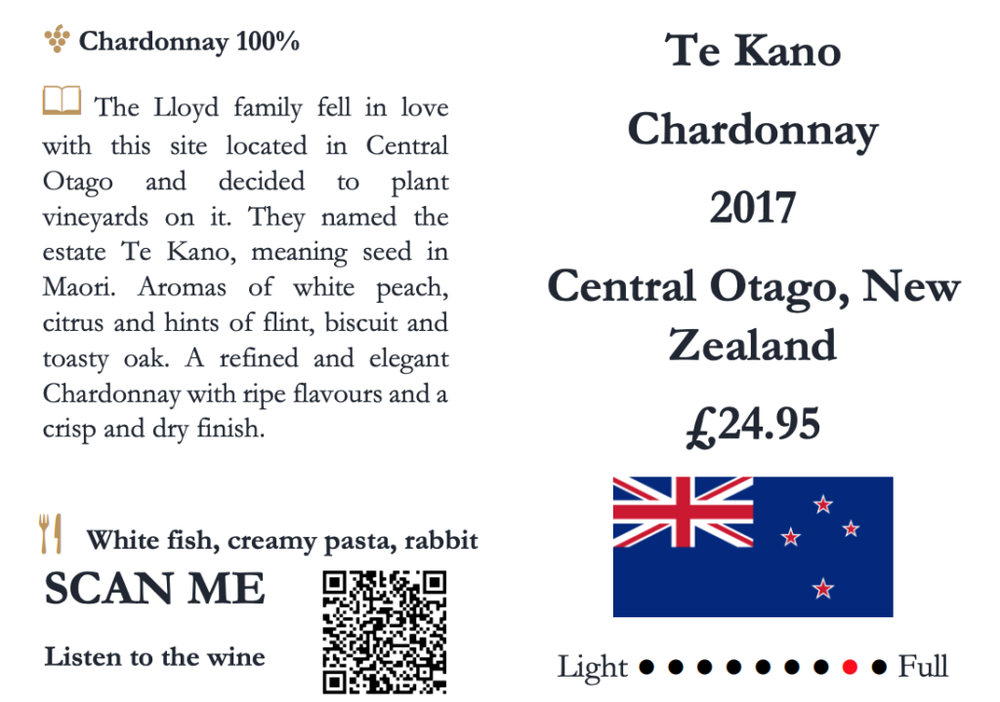
Place your iPhone camera over the QR code and you can hear the audio message from the producer
We’re buying wine online like never before with record numbers throughout lockdown and beyond. But how do you make a standard wine page stand out rather than just the usual line up of bottles, short tasting notes and “click to buy” buttons?
Davy’s Wine Merchants has introduced what it calls its ‘Winemaker Audible’ service whereby it invites its producers to record a short tasting note and explanation about who they are, the kind of wines they make and how this individual wine is made, which users are invited to listen to whilst searching through its site.
When the wines are delivered, Davy’s follows up with a reminder to the customer to re-listen to the winemaker’s audio recording whilst they are drinking the wine.
The audio notes are also being used in its stores where customers can use a scannable QR code and have a listen whilst choosing which wines to buy. Allowing the winemaker to at least virtually travel and tell their story at a time when they can’t do in person.
Davy’s has now introduced mixed cases from a single producer, with each wine having its own audio description. Click here to hear how Chateau Reynier is using audio to bring its wines to life.
Davy’s believes this new audio initiative is a world first amongst wine retailers – and it’s working. So far it has 168 wines available on davywine.co.uk with individual audio producer notes and it has 18 producer cases available to buy.
It is also using the recordings as part of its staff training and also to share with its wholesale customers so that they can get to understand the wines they are listing better.
Lawrence Francis, Davy’s marketing executive, says the audible series of wines are in its “top three campaigns of the month” with “thousands of downloads since we started”. “Customer feedback is that they enjoy hearing from the winemaker directly in a similar way they might do at an in-person tasting,” she adds.
All of which has helped Davy’s achieve a 460% increase in online year-on-year.
Journey’s End works with Bibendum to create augmented reality labels
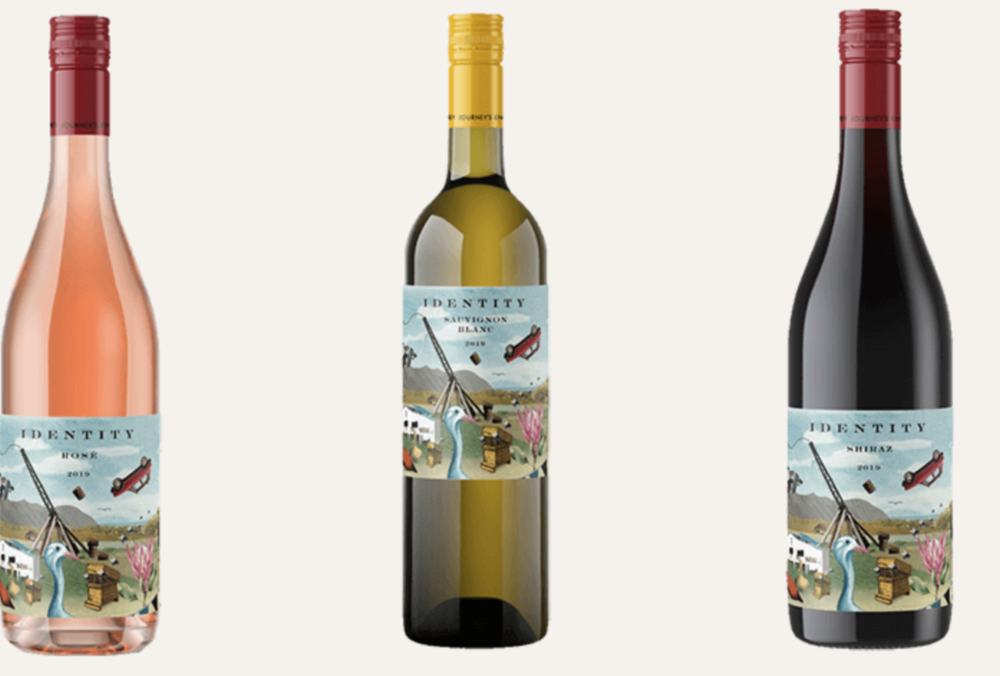
South African producer, Journey’s End, has teamed up with its UK distributor, Bibendum, to develop an augmented reality label that give customers the chance to virtually travel to its vineyards and experience what life is like at the winery.
Its new Identity brand features a label that depicts different aspects of the Journey’s End personality. The centre piece being a label that features the 80ft medieval trebuchet coming to life, that owner Rollo Gabb had built in order to throw unwanted barrels and cars around, either to entertain himself and guests, or as part of fund raising efforts for the local community.
The label also includes bees virtually buzzing around to depict the 40 beehives Gabb has on the estate to help pollinate the vines, as well as Egyptian Geese, Eagle Owls and Blue Cranes that fly around the solar powered winery.
Gabb has worked closely with Bibendum and virtual reality and AR specialist agency, Immersive, to develop the labels. It will be interesting to see if the Journey’s End project evolves into other similar initiatives for Bibendum and its other producers.
You can see the label in action for yourself by clicking here:
https://identitywines.co.uk/AR-demo-1.mp4
Gabb explains what he wants to achieve with the new labels: “The Journey’s End brand is all about consumer engagement and fun. We wanted wine drinkers to be transported to our vineyards as they enjoy the wine so that they can really live the spirit of the brand. Everything on the label plays an important role in the day to day running of our vineyard as we produce our wines, and what better way to give wine lovers a taste of South Africa when they can’t physically be there!”
The Identity range is made with sustainably farmed grapes. The six varietal wines, including two whites, a rosé and three reds, has a RRP of £9.
How Aldi is looking to tech start ups to help it fast track Amazon Go-style stores
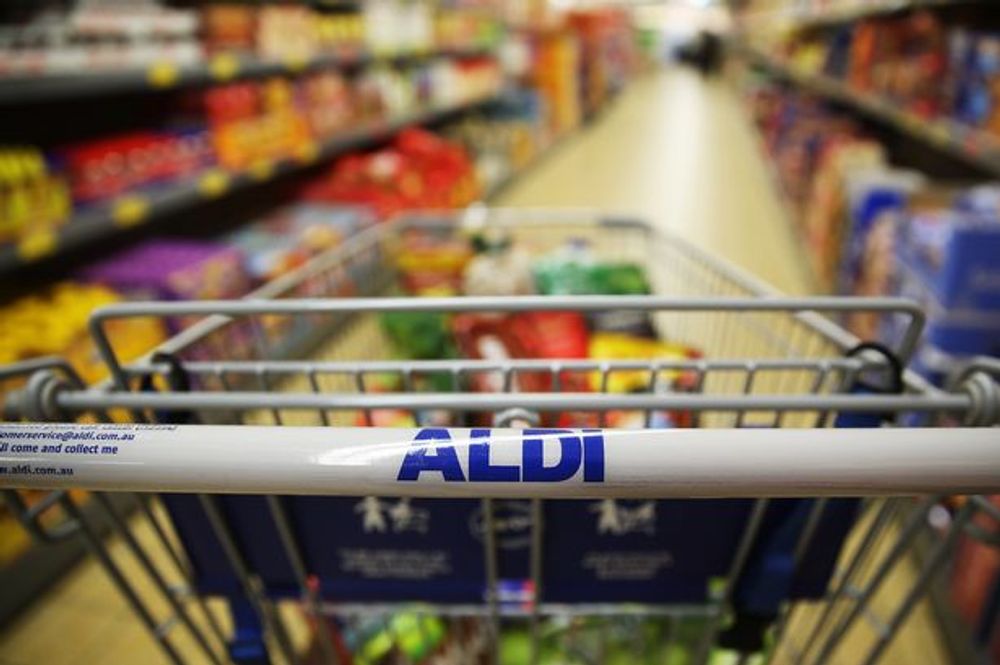
Aldi wants new technology solutions to make shopping quicker, easier and more consistent
One of the buzz words to come out of lockdown has been ‘collaboration’ and the need for businesses to find ways to work more collectively together.
Aldi has certainly embraced this new way of working as it has sent a call out to specialist computer agencies to help it develop and implement new digital solutions in its stores and online.
In particular it is looking for startups in computer vision and sensor-based monitoring technologies as it looks to fast track how quickly it can compete digitally with the likes of Amazon Go.
The initiative, according to the IGD, was launched in the summer by Aldi Süd as it looks for technology partners to help it develop, test, trial and introduce new technologies.
It has introduced a dedicated website that sets out what it is looking for and how startups can register, apply to take part and submit their own solutions and ideas. In return these businesses get the chance to test their “test their solutions in real world environments” and could potentially be rolled out to all its 6,250 stores.
Its clear from the technologies it wants to introduce that it needs to find ways, fast, to go toe to toe with Amazon Go and its automatic store replenishment systems, and sensor-based retail solutions.
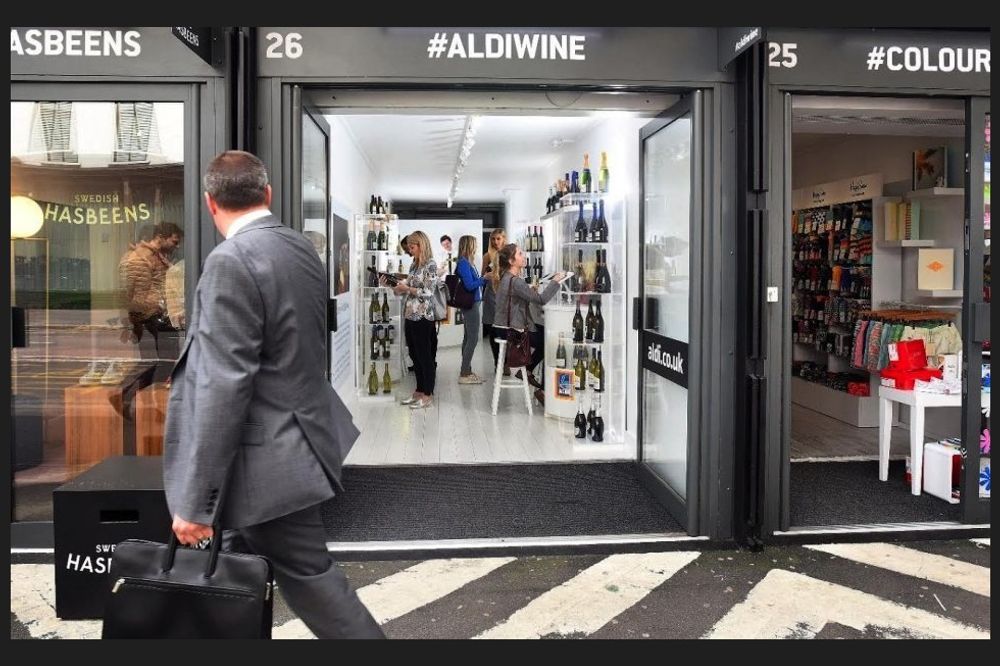
Aldi is looking at how technology can address its key weaknesses around queues and availability
It is also looking at ways it can introduce:
- Computer vision-based product recognition for barcodes and labels.
- Stocks levels solutions that can be scaled to thousands of stores.
- Digital solutions to solve key discounter challenges: queues and availability.
- A move to unstaffed, checkout-free stores.
- Ability to use technology to lower prices and disrupt the traditional retail landscape even more.
What to learn from Lloyd Cole and Patreon
Whilst the majority of us are able to carry on with our working lives at home spare a thought for all the actors, performers and singers who are left still twiddling their thumbs unable to get out in front of live audiences. To entertain…and to earn money.
Here’s a great example of how one music artist – Lloyd Cole (yes, the one who used to have The Commotions behind him) – is using digital to be as creative as he can in these times and at the same time keep himself busy, continue to entertain his fans, and make some money for himself at the same.
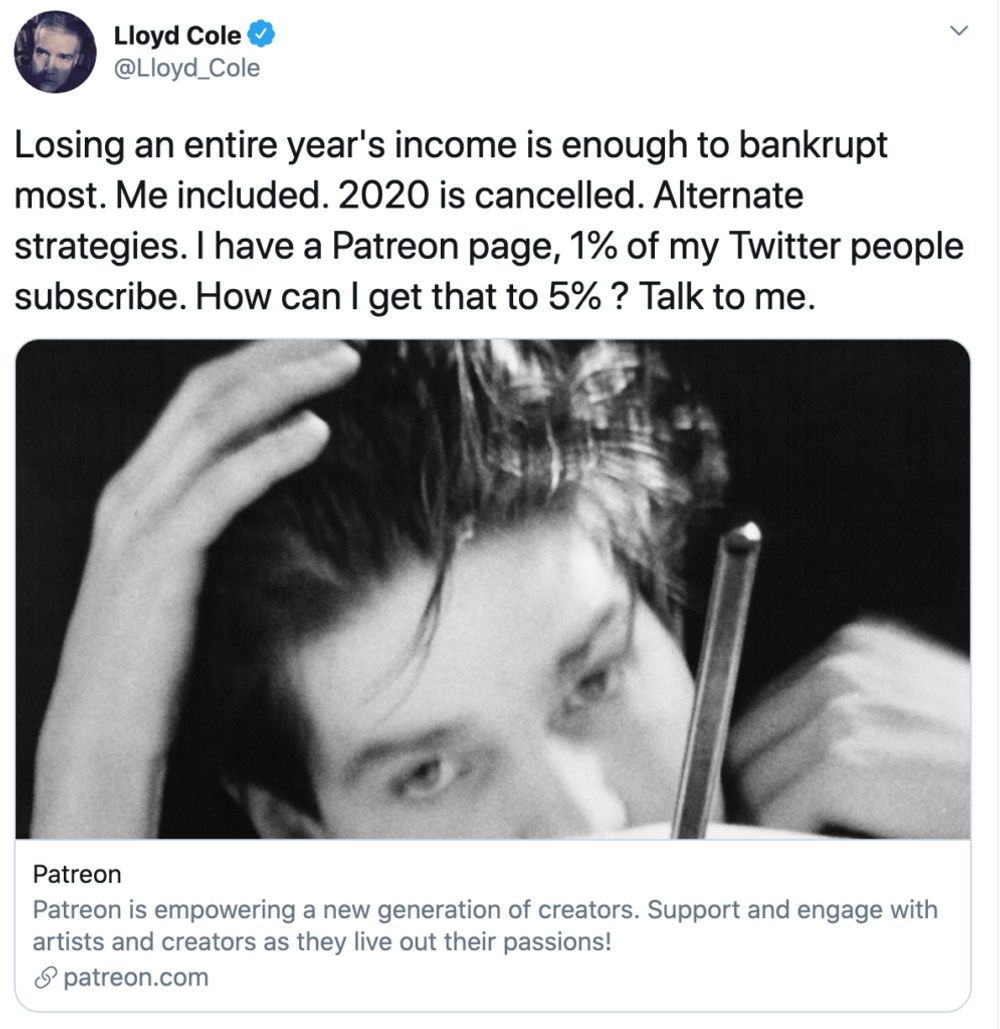
Here’s the open, candid approach that singer Lloyd Cole has taken to using digital and creating an online club through Patreon to help him make money through lockdown, and entertain and get closer to his fans in return
He has set up a site on Patreon where for a small amount of money– you can choose between $3, $5 or $7.50 – fans can sign up to access an increasing amount of personal memories, and notebooks that Cole has collected over the years. A true treasure trove of material that stretches from the notes he made at the time when writing some of his most well loved and known songs, through to him giving video masterclasses on how to play the songs on acoustic guitar.
The more you pay, the wider the access you get to what he is posting up. But considering for $7.50 a month you can watch him put on mini concerts from his cellar it’s a great way for him to share his material in a truly creative and digital way.
There is plenty for those in the drinks industry to take from what Lloyd Cole is doing on Patreon. If he can share his notes from his best selling singles, then why not a winemaker and their memories of their most prestigious wines?
Best of all he is also willing to write out the lyrics to any of his songs from his back catalogue and personalise them with your name – for a very reasonable $75 a pop.
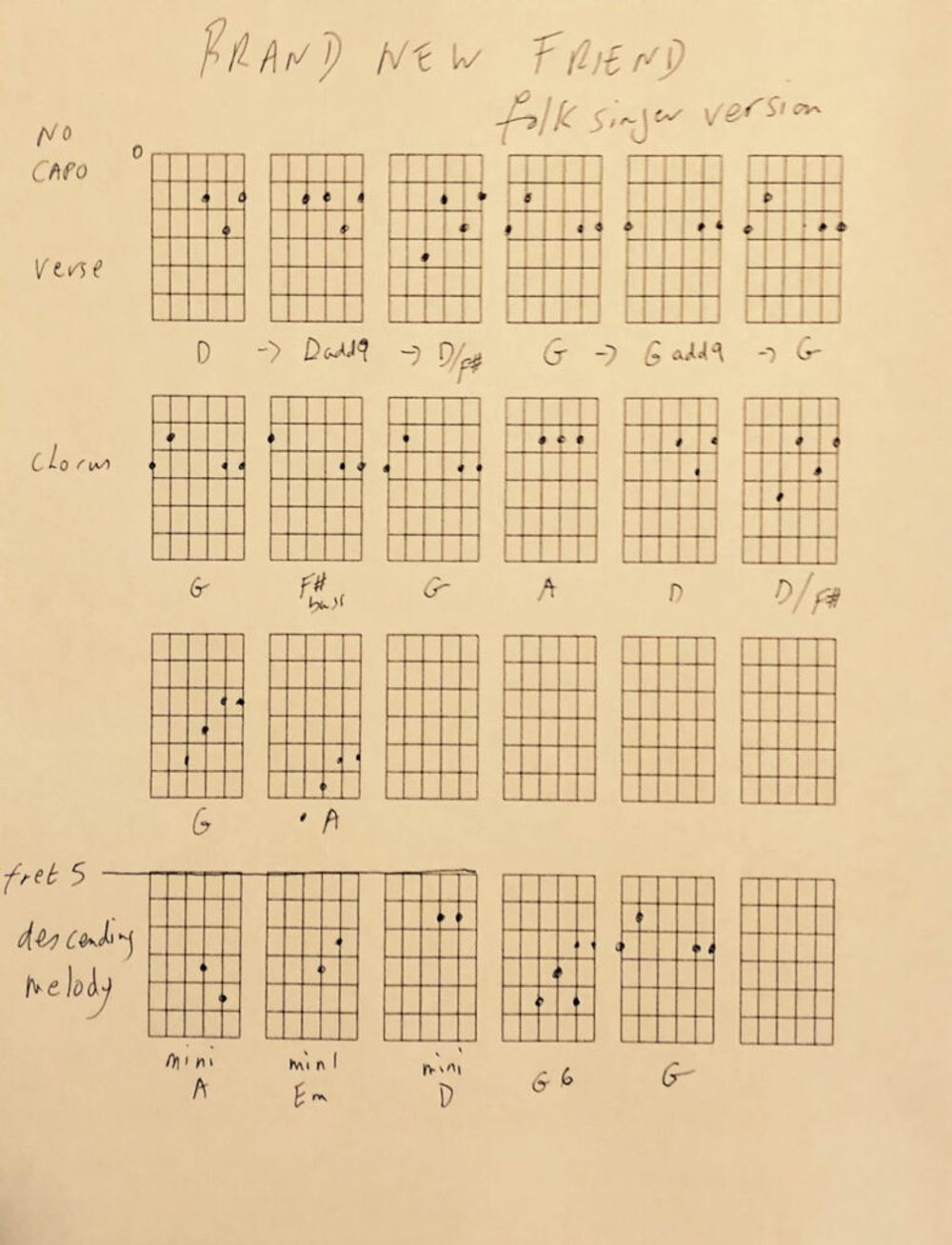
Ever wanted to know how to play Brand New Friend by Lloyd Cole & The Communications on guitar then follow him on Patreon and he will show you
But it’s the way he engages with his community that those running online clubs could learn so much from.
At each stage he consults and asks if he is charging too much, too little or what else people would like him to share.
So when he found many of his ‘patrons’ were left disappointed that each batch of 25 handwritten lyric sheets had sold out in minutes, he listened and then said he was putting a further 100 up for pre-sale – but says he might take weeks to do them!
Even if you don’t like Lloyd Cole’s music (and why not?) the way he is running his Patreon club is worth your time to take a look.
What to know about the rise in “Super Apps”
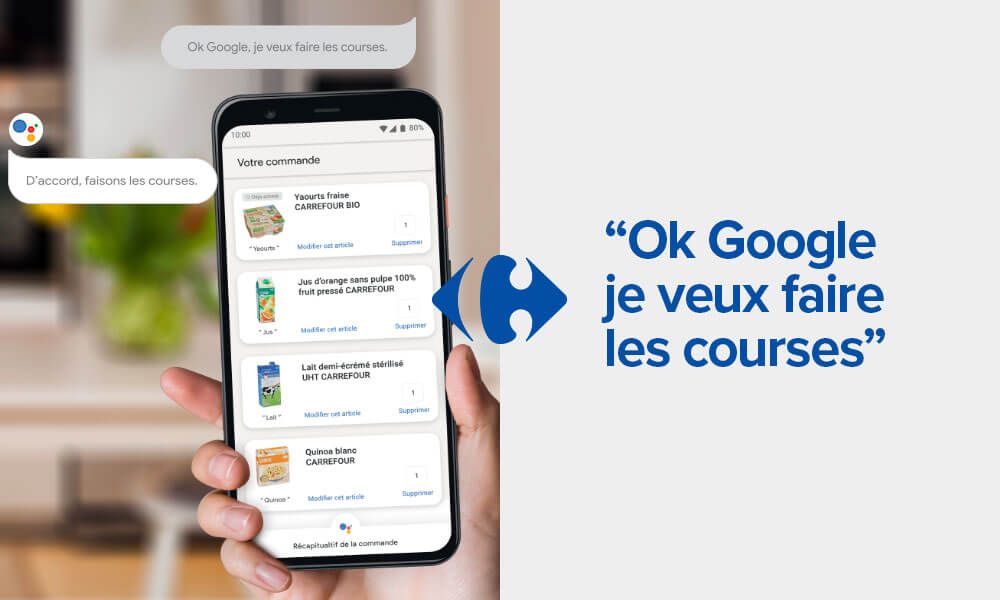
Carrefour has created what it calls a Super App for itself
Here’s a couple of questions for you. How many apps do you have on your phone, and how often do you use them?
Chances are through our lockdown lives we have added to our app count, rather than consolidated them.
But rather than try and convince us to download yet another app, major retailers and brands are looking at ways they can help consolidate our online shopping, across different categories, by creating what has become knowns as the ‘Super app’.
To do means have the brand power and reputation for being best in class for online shopping. But even for the best digital players the next test is how do you become even more relevant to your customers’ online needs?
The answer appears to be in creating a one stop shop equivalent of an app – think WeChat or Amazon Prime – that acts as an umbrella under which you can do all, or at least the majority of your online shopping.
Starbucks and Carrefour, for example, are two big names who are rolling out what they see as an “omnichannel strategy” aimed at gathering a wealth of services under one app. (Check out carrefour.fr app).
It clearly makes sense for any brand owner to have an app that lessens the chances of customers looking elsewhere. Particularly as there are now so many more people shopping online.
In search of loyalty
The latest figures from the Kantar COVID-19 Barometer shows 45% of people who visited an online retailer for the first time during the pandemic will continue to do so, and 38% say they will actively look to buy new products online.
Consumers like consolidated apps, such as Amazon Prime, as it makes searching for products quicker and easier.
In turn it gives online retailers access to so much more data about their customers. If retailers can subtly find ways to link their app to a customer’s social media profile then they will get to understand that customer even more, says Kantar, up to a “level where offers can be finely tailored and personalised”.
The example of WeChat in China shows how far this level of collaboration online can go.
French retailer Auchan, says Kantar, has dubbed this new way of working as ‘phygital’ and it has learnt a great deal from working with Alibaba, the online giant in China.
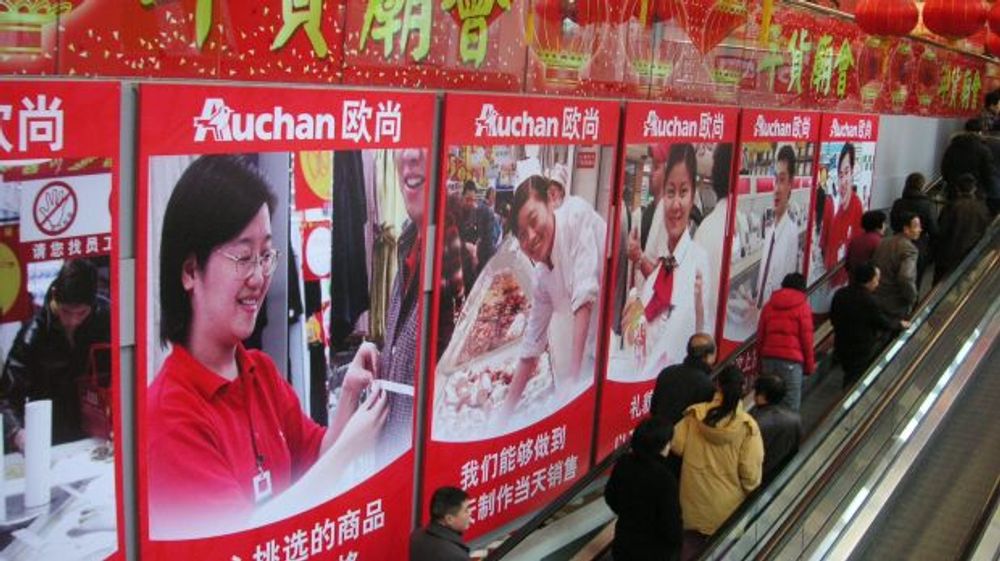
Major retailers like Auchan are learning so much from their collaborations in China with super online retailer Alibaba
The demands from shoppers online is only going to accelerate, and the quality of service needs to vastly improve. A recent study by CX+ 2020 Retail found that only 15% of grocery customers worldwide were delighted with their most recent shopping experience.
“Delivering positive experiences will be an increasingly important differentiator. Super apps will help to achieve this, enabling customers to accomplish all aspects of a transaction, from discovery to purchase to fulfilment without the need to exit the app, thus minimising friction,” says Malcolm Pinkerton, vice president for ecommerce and digital insights in Kantar’s Consulting Division.
As these Super Apps develop we can expect them to embrace and invest in the type of virtual and augmented reality that makes that shopping experience more enjoyable and personal.
“The evolution of super apps represents the next step on the transition to channel-less, friction-free shopping,” says Pinkerton.
“With smartphones now the ultimate shopping companion, driving exponential growth in the growing number of intent-rich moments where decisions are made and preferences shaped, is crucial. The challenge for retailers is in controlling, or at the very least influencing, these micro-moments as they manifest amid vast retail ecosystems. Super apps might just hold the key to achieving this and delivering exceptional experiences.”
Why investors see ‘Ghost’ kitchens as the future
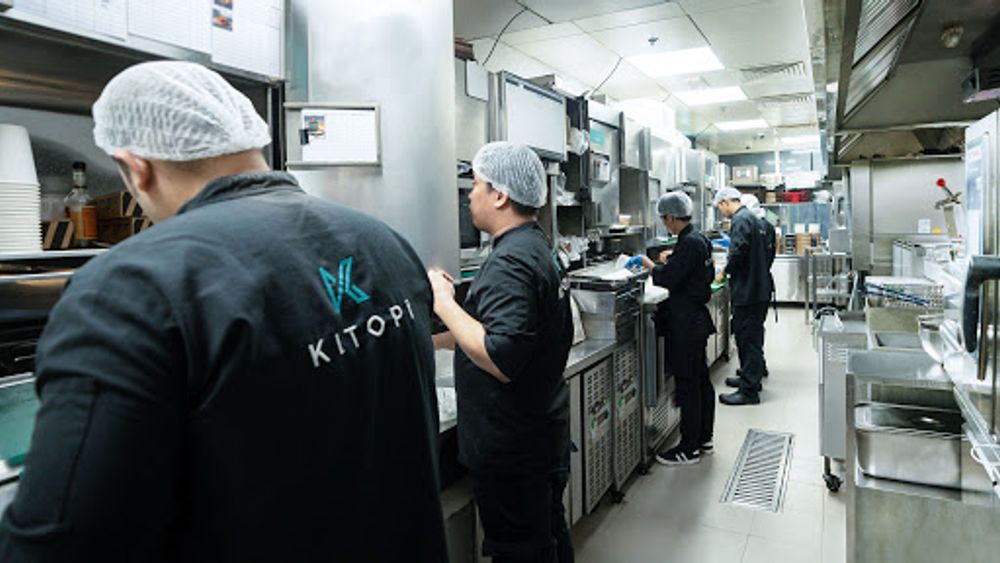
One of the big winners during lockdown have been the home delivery apps as we have all had to download the likes of Deliveroo if we wanted to get premium food delivered to our homes.
But how often do people add a bottle of wine or bottle of beer to their order? Whilst delivery apps might be a welcome revenue stream for restaurants that can’t get customers to eat in, they’re not necessarily doing anything to boost or rescue their lost, profitable, drink sales.
It’s a conundrum the on-trade and drinks suppliers need to fix fast, particularly as there is now so much new investment going into so called ‘ghost restaurants’ that don’t actually have a bricks and mortar presence, but are just kitchens set up to feed the home delivery apps. Where do wines, beers and spirits fit in with them?
It’s also who is behind some of these new ventures that is worth taking note of. Uber chief executive, Travis Kalanick, helped raise $400m last year for his ghost kitchen business, CloudKitchens.
The aptly named Virtual Kitchen in the US has also been set up by former Uber executives, and has just raised $20m for its expansion plans.
Analysts assessing the “ghost kitchen” market believe it could be worth $2.6 billion in the US alone by 2026. Zuul, a new start up that covers New York, in a partnership with Sweetgreen, raised $9 million in July.
- If you would like to share what you are doing in digital and any innovations you would like to share then please email richardsiddle@btopenworld.com.
- If you want to hear from leading digital, ecommerce experts on what impact Covid-19 has had on technology and consumer behaviour then sign up to The Buyer’s free One Step Beyond webinar being in run with Sophie Jump on October 20. Here are the details.
